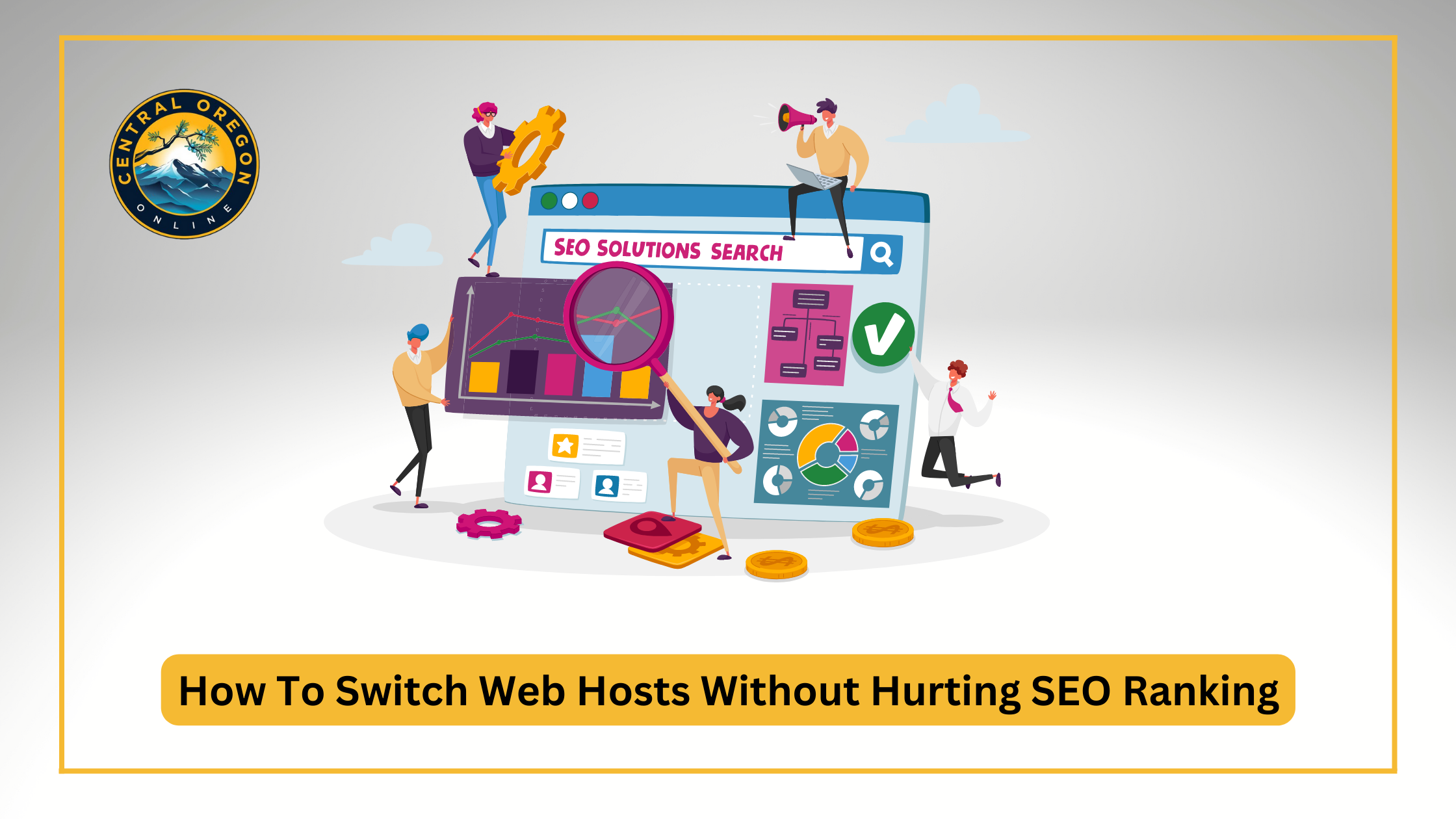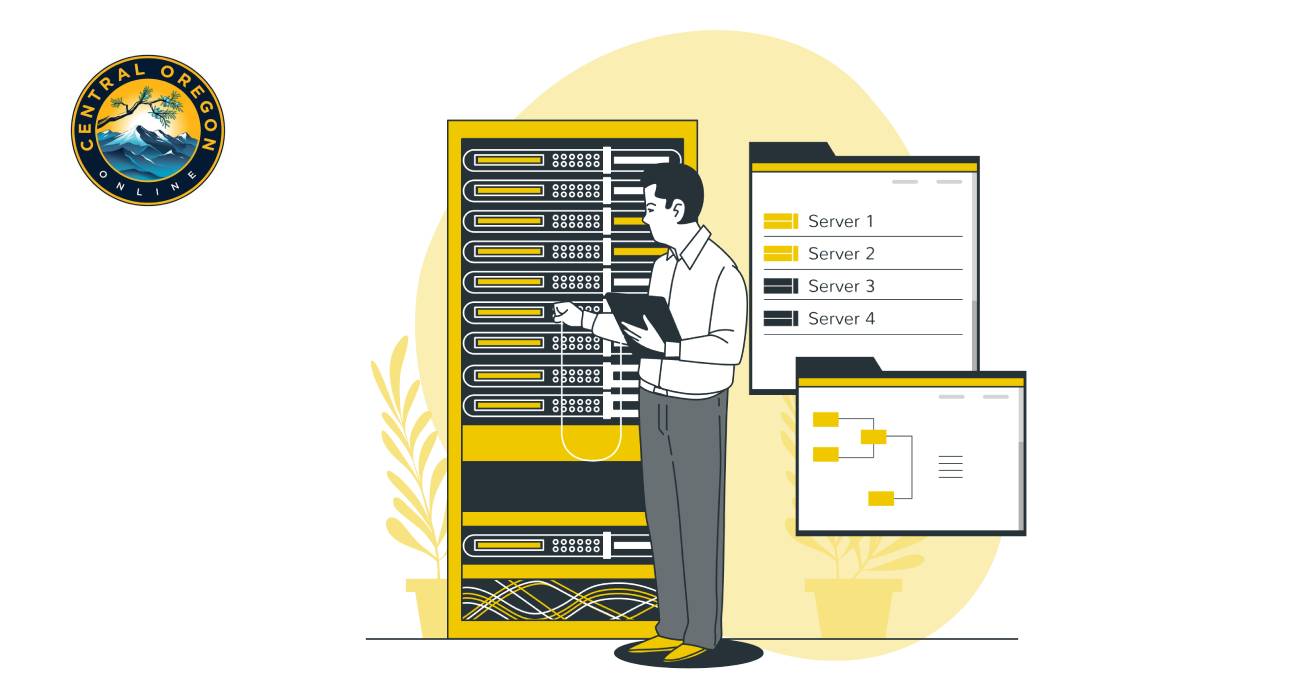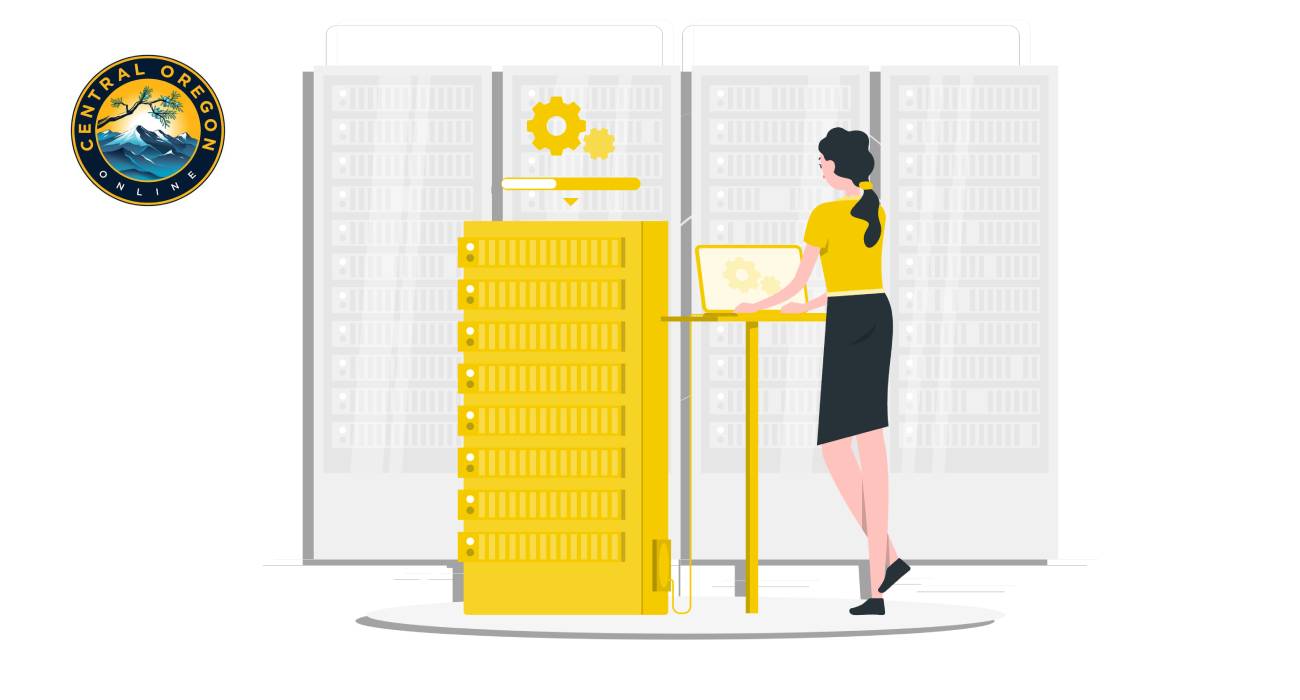
How To Switch Web Hosts Without Hurting SEO Ranking
You probably found this post because you’re interested in learning how to switch web hosts. Your site may have outgrown its capabilities, you may be dissatisfied with their support, or you may simply be ready for a change.
Not everything can be planned for success.
The good news is that switching to a new web hosting company may undoubtedly be done without affecting the search engine optimization of a website.
Does Changing Hosts Hurt SEO?
You might be wondering whether switching web hosts would impact your Google ranking. Usually, such is the case. Changing web hosts can have a significant effect on the long-term strategy and search engine optimization performance of your website. Metrics like organic visits, lead conversion rates, and brand awareness are all set to increase as a result.
Changing web hosts in the hopes of better search engine optimization (SEO) and overall site visibility is a common goal. It’s not always the case, though. When an activity is taken and it does not produce the desired results, the SERPs (search engine results pages) may decrease. Naturally, this results in diminished functionality and less overall interest in the site. There is always the chance that moving to a new location will detract from the user experience.
Changing web hosts can have a significant impact on your website’s search engine optimization and Google page rank in a number of ways. Switching to a new hosting provider can cause issues if they do any of the following:
- Has servers in other countries
- Provides subpar hosting services.
- Reduces web hosting capacity
- radically alters the structure
Location is the most important thing about the new host. If the new web host server is not in the same region as your website, you will lose website traffic. You’ll also require reliable hosting services. If, for instance, your site experiences increased downtime due to server overload, this will have a negative impact on your search engine optimization rankings.
Another thing you don’t want is for your hosting package to be downgraded when you switch to a new server. Let’s imagine, for the sake of argument, that your site’s loading speed exceeds the threshold at which your new host begins to consider it unacceptable. Your web host will actively work to reduce your page’s load speed, which will have a negative impact on your search engine rankings. You also want to prevent your new web host from making major structural modifications to your site. A new site may look similar enough to your existing one for web crawlers to mistake them for one another. Web crawlers, or web indexers, are automated programs that analyze terms across several websites to establish how relevant each site is and where it belongs in search engine results. All of your SEO and keyword research will be for naught if people think your site is brand fresh.
The Best Way to Migrate Your Website Without Sacrificing SEO
Now that you’re aware of the potential pitfalls associated with switching web hosts, you can take the necessary precautions to minimize the damage to your site’s search engine optimization. The first stage is to analyze how the transition will affect the most important stakeholders, including search engines, website owners, and customers. When you know what people are going to do, you can adjust your site accordingly and preserve the SEO you’ve worked so hard to get.
The best way to protect your search engine optimization is to make sure the major search engines are aware of the modifications you’re making to your site during the migration process. In advance, you should provide search engines with the following details:
- New site for hosting
- New site layout
- New gTLD
- URLs
- Cite references
In other words, you should finish setting up your new residence before demolishing the old one.
After moving your website to a new hosting provider, you must configure it for optimal performance. When moving a domain name to a new hosting provider, you need to pay close attention to the DNS settings so that search engine indexing doesn’t break.
Once this is in place, you should allow at least 180 days for the transition before permanently removing the previous website. Still, it’s important to know that some hosting companies will let you keep your old domain name for up to ten years.
Before you turn off the old server, make sure the new website is up and running smoothly. When you sell a domain, you give up all the hard work you put into optimizing it for search engines, including the time you spent studying algorithms and building backlinks. There are a few things you can do to guarantee the best performance from your new server.
Prior to the Switch
Start by relocating the content of a subdomain and using the 301 redirect to point users to your new domain name before making the whole switch. Blanket redirects might hurt your SEO rankings and should be avoided. Redirect from one page to another instead. You should also take these other steps:
Making certain that all links on your website point to the new location
Fixing broken links on your website
Maintaining a rapport with clients
In addition to informing customers and search engines of the change, it is also a good idea to establish direct contact with them. If you have a lot of followers on social media, you should also use it to let customers know when your website has been updated.
—–
If you are looking for a web hosting services In Bend Oregon, head now to CentralOregon.Online. We offer all kinds of web hosting services at affordable prices. We have been in the business for years and we have helped a lot of people with their websites. Our web host service is reliable, fast and secure. We also offer domain registration, email account setup and web design services.
CATEGORY:Blog




